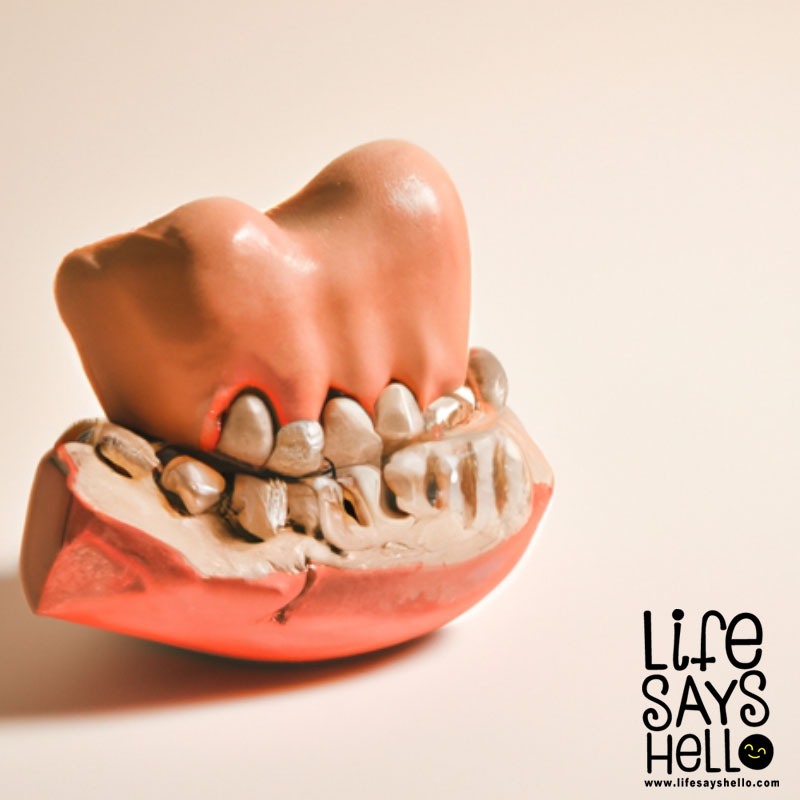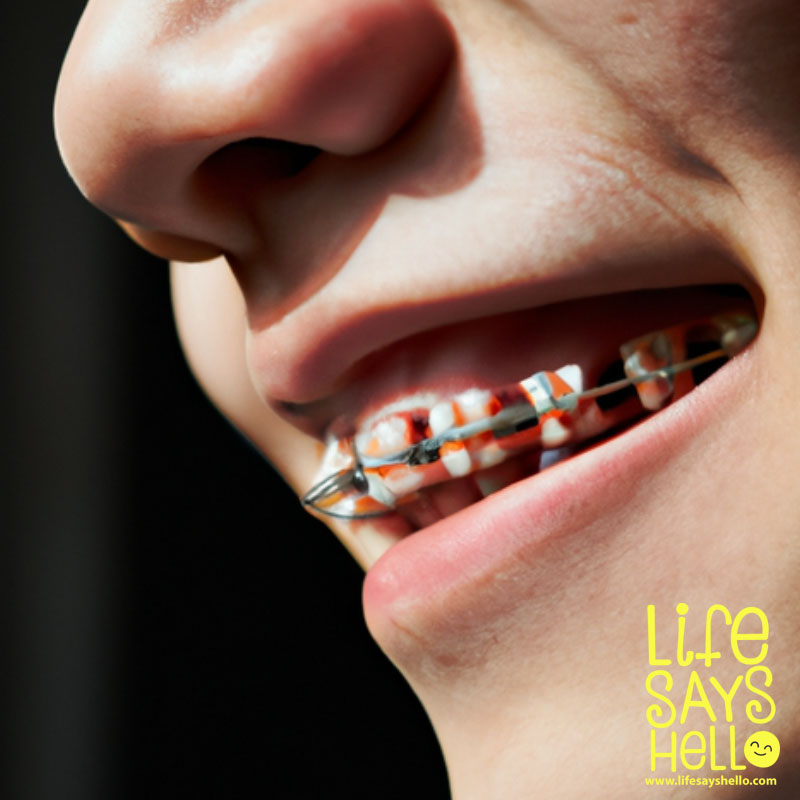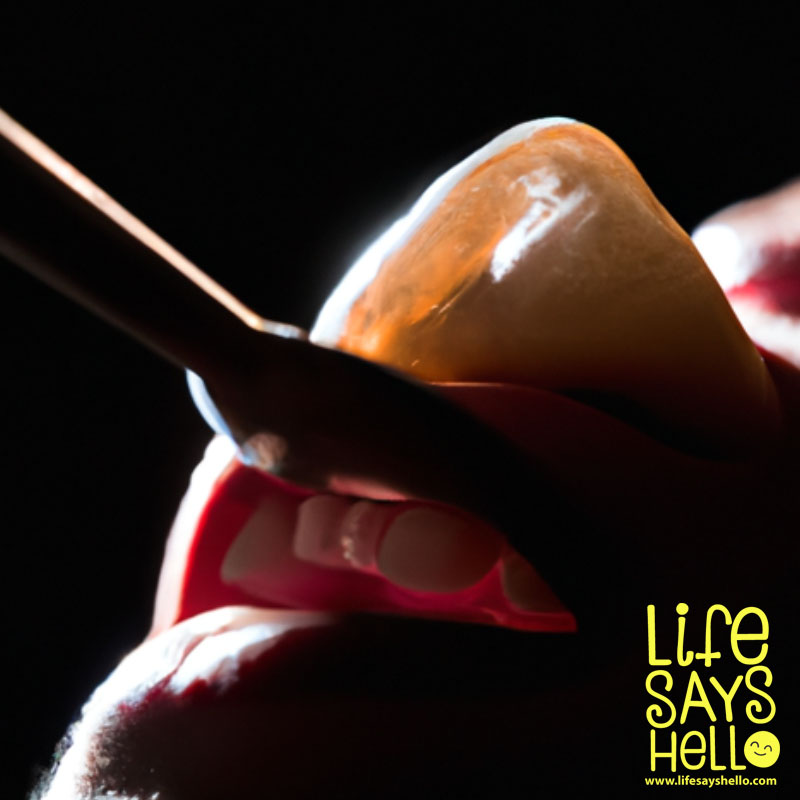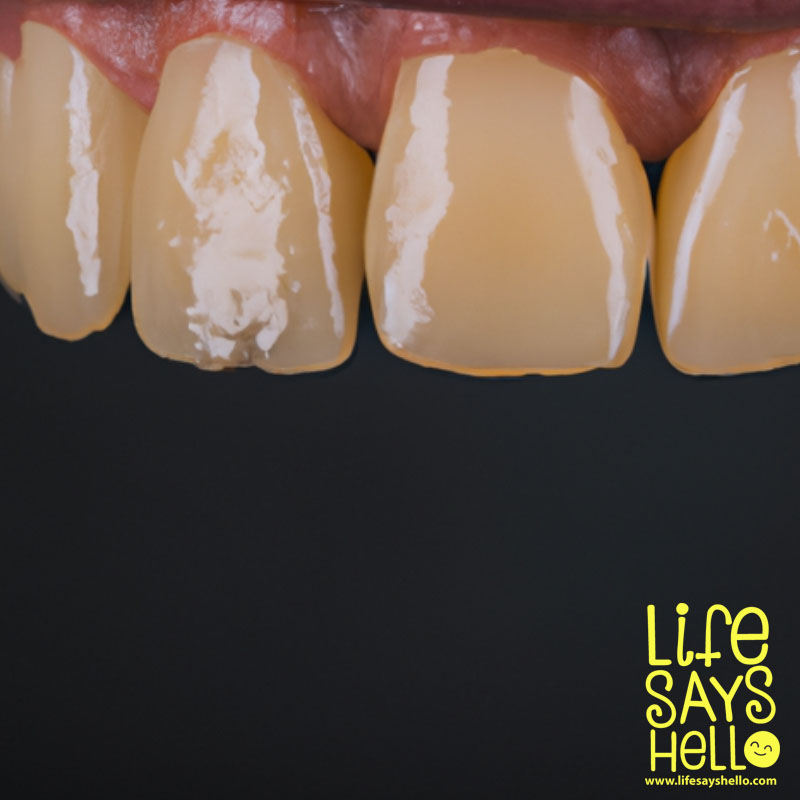The Loopy Side of Wisdom Teeth Removal: Unraveling the Mystery

Ever wondered why people act so loopy after getting their wisdom teeth removed? Join us as we dive into the various factors that contribute to this peculiar behavior and explore ways to manage it during your recovery.
Wisdom teeth removal is a common dental procedure that many people undergo in their late teens or early twenties. While the surgery itself is essential for preventing dental issues like overcrowding and infection, the aftermath can leave patients feeling a bit "loopy." If you've ever seen a video of someone acting strangely after having their wisdom teeth removed, you might have wondered what causes this peculiar behavior. In this article, we'll explore the various factors that contribute to the loopy feeling after wisdom teeth removal and offer some tips on how to manage it during your recovery.
Anesthesia and Sedation
One of the primary reasons people feel loopy after wisdom teeth removal is due to the anesthesia and sedation used during the procedure. Anesthesia is a vital component of the surgery, as it helps to numb the area and keep the patient comfortable throughout the process. There are three main types of anesthesia used in wisdom teeth removal: local anesthesia, IV sedation, and general anesthesia.
Local anesthesia is typically administered through an injection in the gums, numbing the area around the wisdom teeth. This type of anesthesia is used for minor procedures and does not typically cause a loopy feeling. However, it is often combined with other types of sedation to help patients relax.
IV sedation is administered through an intravenous line and helps to keep the patient in a relaxed and semi-conscious state during the procedure. This type of sedation can cause patients to feel groggy and disoriented when they wake up, contributing to the loopy feeling.
General anesthesia is the most potent form of sedation and is used for more complex cases or patients with high anxiety levels. This type of anesthesia puts the patient into a deep sleep, and they are completely unconscious during the procedure. The grogginess and disorientation that follow general anesthesia can be more intense than with IV sedation, leading to a more pronounced loopy feeling.
The medications used in anesthesia and sedation can have lingering effects on the body, causing drowsiness, confusion, and impaired motor skills. These side effects contribute to the loopy feeling that many people experience after wisdom teeth removal.
Post-Surgery Medications
After the surgery, patients are often prescribed pain medications to help manage discomfort and swelling. These medications can also contribute to the loopy feeling experienced after wisdom teeth removal. Commonly prescribed pain medications include opioids, like hydrocodone or oxycodone, and non-opioid alternatives like ibuprofen or acetaminophen.
Opioids are powerful pain relievers that work by binding to receptors in the brain, reducing the perception of pain. However, they can also cause side effects like drowsiness, dizziness, and confusion, which can contribute to the loopy feeling.
Non-opioid pain medications like ibuprofen and acetaminophen can also cause drowsiness and dizziness, especially when taken in high doses or combined with other medications. These side effects can add to the overall loopy feeling experienced after surgery.
Physical Factors
The physical trauma of wisdom teeth removal can also play a role in the loopy feeling experienced post-surgery. During the procedure, the dentist or oral surgeon must cut through gum tissue and bone to remove the impacted wisdom teeth. This process can cause swelling, inflammation, and blood loss, all of which can contribute to the loopy feeling.
Swelling is a natural response to injury and is the body's way of protecting and healing the affected area. However, excessive swelling can cause pressure on nearby nerves and tissues, leading to discomfort and a sense of disorientation.
Inflammation is another natural response to injury and is characterized by redness, heat, and pain in the affected area. Inflammation can cause discomfort and may affect the patient's ability to concentrate and think clearly.
Blood loss during the surgery can also contribute to the loopy feeling. While blood loss is typically minimal in wisdom teeth removal, it can still cause temporary dizziness and lightheadedness as the body adjusts to the change in blood volume.
Emotional Factors
The emotional aspects of undergoing wisdom teeth removal can also contribute to the loopy feeling experienced after the procedure. Anxiety and stress are common emotions associated with dental procedures, and they can have a significant impact on a patient's post-surgery experience.
Anxiety can cause a range of physical symptoms, including dizziness, lightheadedness, and an increased heart rate. These symptoms can exacerbate the loopy feeling experienced after wisdom teeth removal.
Stress can also have a significant impact on the body, causing muscle tension, headaches, and difficulty concentrating. The stress of undergoing surgery and the recovery process can contribute to the overall loopy feeling experienced post-surgery.
Sleep Deprivation
Getting adequate rest is crucial for healing and recovery after wisdom teeth removal. However, sleep can be challenging to come by in the days following the procedure due to discomfort, swelling, and the side effects of medications. Sleep deprivation can cause a range of symptoms, including irritability, difficulty concentrating, and impaired motor skills, all of which can contribute to the loopy feeling experienced after surgery.
Tips for Managing the "Loopy" Feeling
While the loopy feeling after wisdom teeth removal can be disconcerting, there are several ways to manage it and ensure a smoother recovery:
Follow your dentist's instructions: Your dentist will provide you with specific instructions on how to care for your mouth and manage your medications during recovery. Following these instructions closely can help minimize the loopy feeling and promote faster healing.
Stay hydrated: Drinking plenty of water can help flush the anesthesia and medications from your system, reducing their lingering effects.
Get plenty of rest: Prioritize sleep and allow your body the time it needs to heal and recover.
Eat a balanced diet: Consuming nutritious foods can help support your body's healing process and reduce inflammation.
Communicate with your dentist: If you have concerns about your recovery or the loopy feeling persists, reach out to your dentist for guidance and support.
Conclusion
The loopy feeling experienced after wisdom teeth removal can be attributed to a combination of factors, including anesthesia, medications, physical trauma, emotional stress, and sleep deprivation. By understanding these factors and following the tips provided, you can better manage the loopy feeling during your recovery and ensure a smoother healing process. Don't hesitate to consult with your dentist if you have any concerns or questions about your recovery.




Comments